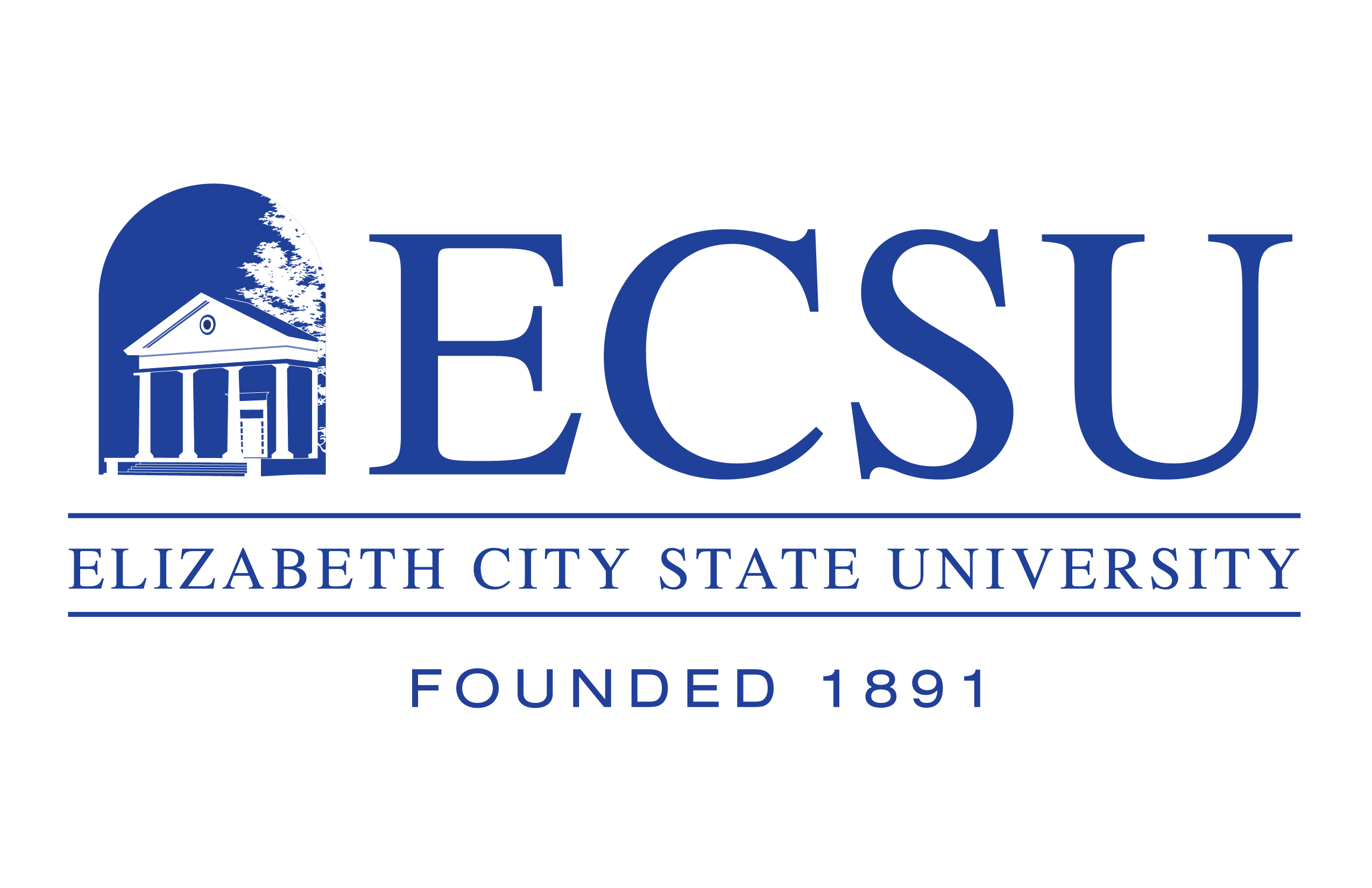The Elizabeth City State University (ECSU) Archives and Special Collections has received more than $102,000 in grant funding to enhance and ensure long time preservation of various artifacts that tell the story of the university’s 132-year history.
The Historically Black College and University (HBCU) Library Alliance awarded ECSU $25,000, the Institute of Museum and Library Services (IMLS) awarded *$75,639, and the North Carolina Preservation Consortium (NCPC) awarded $1,815 for 2023-2024.
The university’s Archives and Special Collections is housed inside the G.R. Little Library. It stores items like VHS and U-Matic tapes of ECSU commencement ceremonies, papers from former ECSU chancellors, ECSU school catalogs and Rosenwald School books. Grant funding will help uphold some of these materials, literally. New shelving that can hold more than 3,000 items is also part of planned upgrades. Any work done for the university’s archives is funded through grants.
University Archivist A. Paige Hendrickson likens the importance of special collections to mining for treasure.
“It’s like an archeological dig, just not in the dirt,” she said.
Elements of preservation such as room temperature and humidity control, document scanners, microfilm readers, appropriate boxes and containers, and a disaster preparedness plan that includes archives are important, but often overlooked, Hendrickson said.
However, funding from the NCPC grant will be utilized to purchase Dataloggers that measure the temperature and humidity (Rh) levels more accurately in the multiple rooms that house the Archives collections. With the equipment, comes the capability to make adjustments for consistent levels to better protect historical materials from deterioration.
“Environmental monitoring is key for long-term preservation of archival collections,” Hendrickson said.
Former faculty member Leonard Ballou established ECSU’s Archives and Special Collections in 1971. However, the collection houses materials dating back to the school's founding by the North Carolina Legislature in 1891, as a training school for colored teachers. So far, the oldest thing within the Archives is a book of hymns by Martin Luther published in 1790 and written in German. Oral histories and an HBCU radio station preservation project are in the works, as well as partnership projects like the Harvard-HBCU Digital Library Trust.
Being able to preserve history that’s tangible and time stamped is important, Hendrickson said.
“Just because it's not online,” she said, “doesn't mean it isn't valuable information.”
*This project was made possible in part by the Institute of Museum and Library Services [MH-253357-OMS-23].

